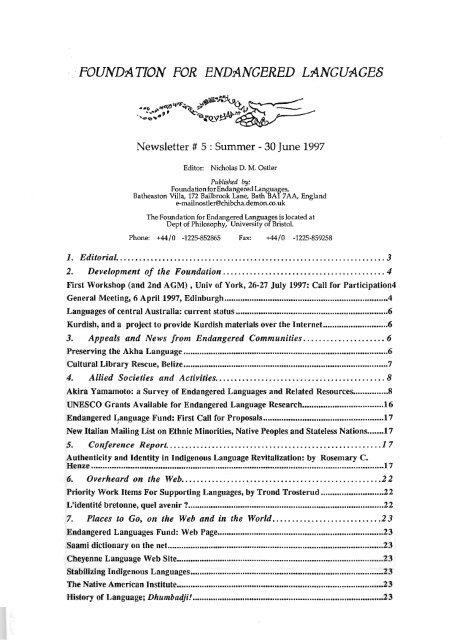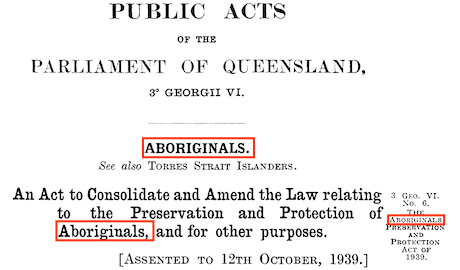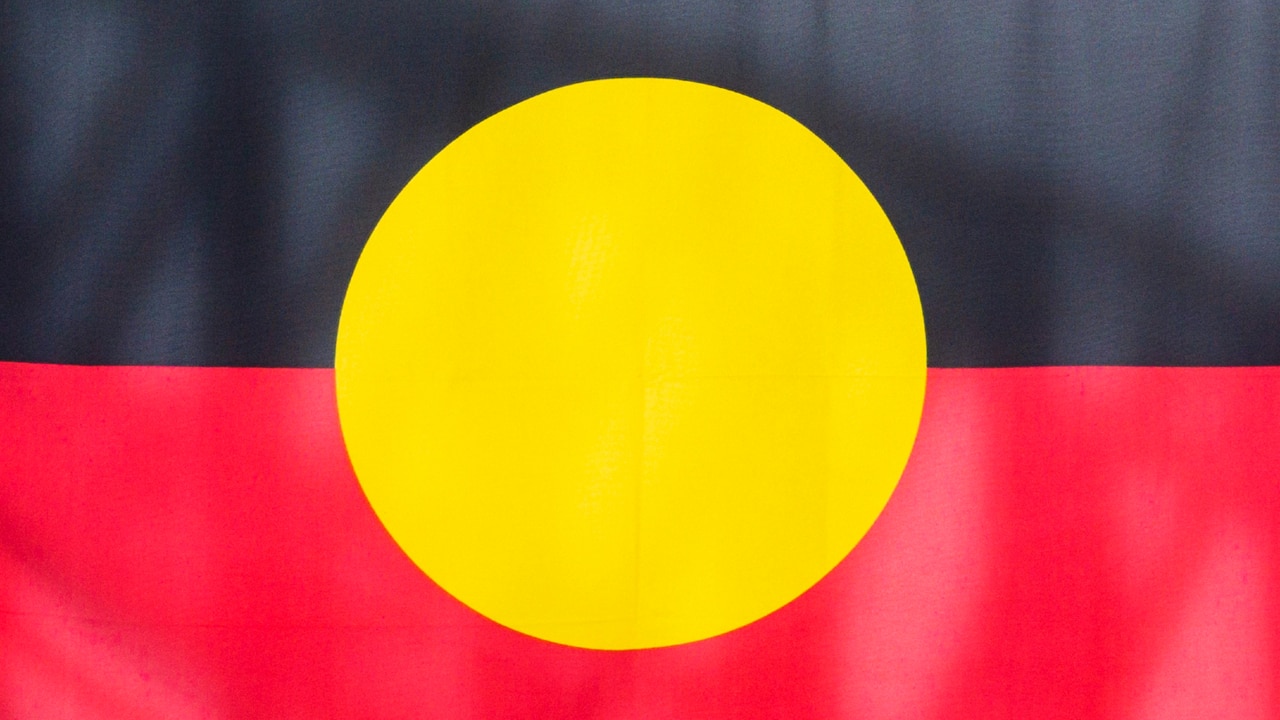Is "Aboriginal" Offensive? Navigating the Complexities of Terminology
Is "Aboriginal" Offensive? Navigating the Complexities of Terminology

The word "Aboriginal" has been a source of debate and discussion for many years. While some consider it a neutral term, others find it offensive and outdated. This article delves into the complexities surrounding the use of "Aboriginal," exploring its historical context, cultural sensitivities, and the evolving preferences of Indigenous communities.
Understanding the Historical Context
Related Articles: Is "Aboriginal" Offensive? Navigating the Complexities of Terminology
- A Taste Of Paradise: Exploring The Vibrant World Of Australian Fruits
- A Taste Of The Outback: Exploring Australia’s Unique Native Fruits
- Indigenous Vs AboriginalTitle
- A Journey Through The Outback: Unveiling The Wonders Of Australia’s Unique Plants
- The Iconic Aussie Icons: Unveiling The Uniquely Australian Trees
The term "Aboriginal" originates from the Latin word "ab origine," meaning "from the beginning." It was initially used by European colonizers to describe the Indigenous peoples they encountered in various parts of the world. In Australia, the term "Aboriginal" became widely adopted to refer to the First Nations people of the continent.
However, the use of "Aboriginal" as a blanket term has been criticized for its inherent colonial implications. It ignores the vast diversity of Indigenous cultures and languages across Australia, lumping together distinct groups with unique histories, traditions, and identities.
The Rise of "First Nations"
In recent years, there has been a growing movement towards using the term "First Nations" instead of "Aboriginal." This shift reflects a recognition of the importance of acknowledging the distinct sovereign nations that existed before colonization. "First Nations" emphasizes the pre-colonial existence of Indigenous peoples and their ongoing sovereignty.
Why "Aboriginal" Can Be Considered Offensive
Here are some reasons why some Indigenous Australians find the term "Aboriginal" offensive:
- Generalization and Erasure: Using "Aboriginal" as a singular term can overlook the diversity of Indigenous cultures and languages. It can erase the unique identities and histories of different First Nations groups.
- Colonial Legacy: The term "Aboriginal" is deeply rooted in colonial history and reflects a perspective that views Indigenous peoples as a homogenous group discovered by Europeans.
- Power Imbalance: The use of "Aboriginal" often implies a power imbalance, with non-Indigenous people defining and labeling Indigenous communities.

Alternatives to "Aboriginal"
Instead of using "Aboriginal," it is increasingly recommended to adopt more specific and respectful terminology:

- First Nations: This term acknowledges the pre-colonial existence of Indigenous nations and their ongoing sovereignty.
- Indigenous Australians: This broader term encompasses all Indigenous peoples living in Australia, including Torres Strait Islanders.
- Specific Nation Names: When possible, use the specific names of Indigenous nations, such as the Yorta Yorta, the Wiradjuri, or the Ngarrindjeri.
- Respectful Language: Always use respectful language and avoid using outdated or offensive terms.

The Importance of Sensitivity
It is crucial to approach this issue with sensitivity and respect. When in doubt, it is always best to ask Indigenous people directly about their preferred terminology.
Beyond Terminology: Meaningful Action
While the choice of terminology is important, it is only one step towards fostering genuine respect for Indigenous cultures. True reconciliation requires:
- Listening to Indigenous Voices: Actively engaging with Indigenous communities and listening to their perspectives on issues that affect them.
- Supporting Indigenous-Led Initiatives: Empowering Indigenous people to lead the way in addressing issues such as social justice, health, and education.
- Educating Yourself: Learning about Indigenous history, culture, and current issues.
FAQ: Is "Aboriginal" Offensive?
Q: Is "Aboriginal" always offensive?
A: While some find the term offensive, others may not. It is important to be aware of the sensitivities surrounding the term and to use it with caution.
Q: What is the best way to refer to Indigenous Australians?
A: The best approach is to use the specific names of Indigenous nations whenever possible. If that is not feasible, "First Nations" or "Indigenous Australians" are generally preferred.
Q: Is it okay to use the term "Aboriginal" in historical contexts?
A: While the term was used historically, it is important to be mindful of its colonial implications. It is always best to use more specific terminology when possible.
Q: What are some resources for learning more about Indigenous cultures and histories?
A: There are many resources available, including:
- The National Museum of Australia: https://www.nma.gov.au/
- The Australian Institute of Aboriginal and Torres Strait Islander Studies (AIATSIS): https://aiatsis.gov.au/
- The National Indigenous Australians Agency (NIAA): https://www.niaa.gov.au/
Conclusion
The debate surrounding the use of "Aboriginal" reflects a broader conversation about cultural sensitivity, respect, and the ongoing process of reconciliation in Australia. By embracing respectful language, actively engaging with Indigenous communities, and committing to meaningful action, we can work towards a future where Indigenous voices are heard and their cultures are celebrated.

Closure
Thus, we hope this article has provided valuable insights into Is "Aboriginal" Offensive? Navigating the Complexities of Terminology. We hope you find this article informative and beneficial. See you in our next article!


